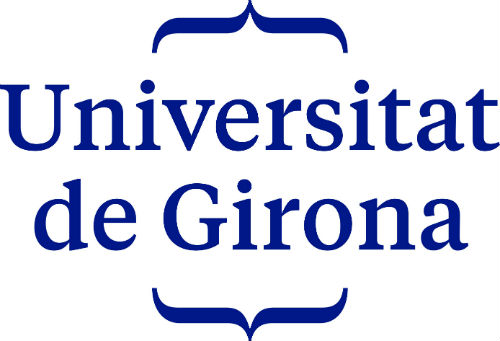Speakers
Start
October 13, 2015 - 12:00
End
October 13, 2015 - 14:00
Address
CSIC, calle Serrano, 117, Madrid. View mapProf. XREPP Ció Patxot tion ( CAEPS ) presents on Tuesday 13 October the final results of Project Zero (CSIC) “Pensions and education: combined effects on inter- and intra-redistribution” in the framework of the “Scientific Responses to the social and technological challenges of ageing” at the headquarters of the Consejo Superior de Investigaciones Científicas (CSIC) in Madrid.
This project studied the effects of two sets of social programs with relevant government transfers: public provision of pensions and education. Specifically, it has sought to investigate its redistributive effects.
The analysis of the Spanish welfare state in relation to other countries has shown that is a well-established system, although somewhat less developed than other European countries. Spain belongs to the so-called Mediterranean countries Familists, although changes have been detected in those guidelines in the new generations, that could evolve the model towards the model in the countries of central and Northern Europe (most outsourcing services such as child care and especially the elderly).
Also, it was found that the welfare state They tend to be clearly biased in favor of policies aimed at the elderly, and said bias has been exacerbated by the economic crisis. However, the survey-experiment Evidence developed during this project that the social perception remains widespread that the needs of older people have greater legitimacy than other economically vulnerable groups, such as children and youth.
The analysis of the profiles by age and educational level of consumption, labor income and transfers public and private estimates in this research has yielded interesting results. On the one hand it has been found that public transfers are relatively more important for the smaller individuals is the educational level of the household head. Furthermore, a simulation exercise with the population by age and educational level past and future projections reveals that the educational expansion (increased level of education of the population) is the factor with the greatest impact on economic developments, which implies that investment in education could compensate to some extent the negative effects of aging population on economic growth.














 Català
Català